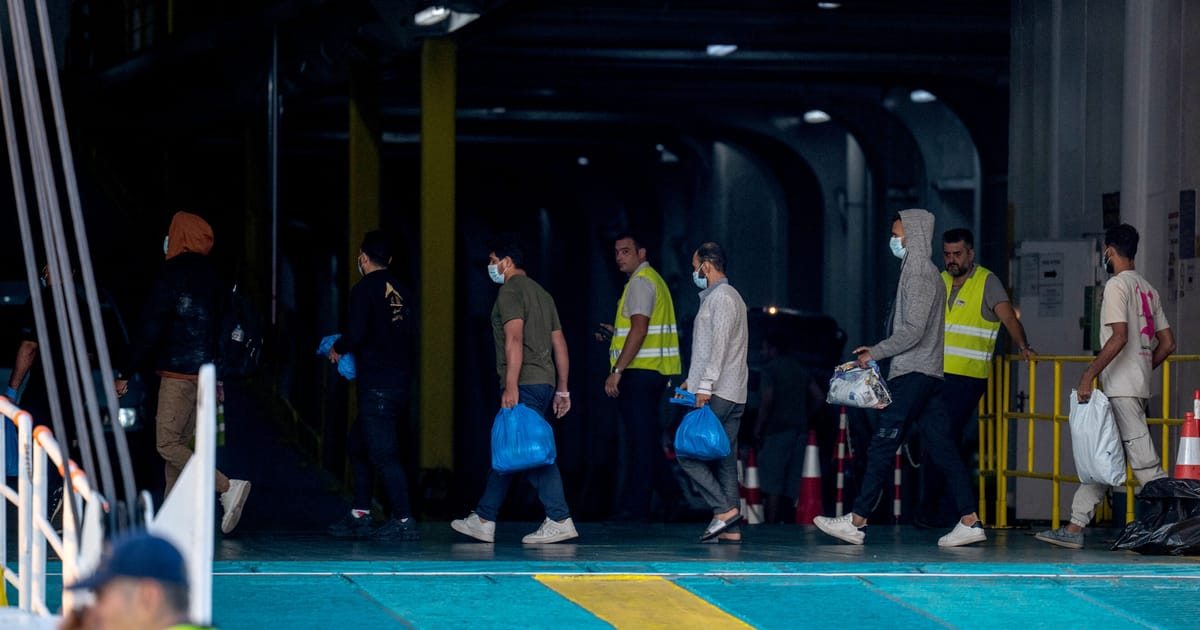

In a world often marked by rapid changes and complex challenges, recent developments in Europe and beyond illustrate the intricate dynamics of international relations. From migration policies in the European Union to evolving situations in the Middle East and potential shifts in nuclear strategies, the global stage is witnessing significant transformations.
In Greece, a resolute call for a robust EU stance on migration reflects the country’s foundational role in managing migration flows. During a recent gathering of EU interior ministers in Copenhagen, Greece emphasized the necessity for a consistent and coordinated response to migration pressures. The Greek government highlighted the pressing need to protect both human rights and national security within the context of comprehensive and humane European migration policies. This approach underscores the importance of collective action in addressing global migration challenges.
Elsewhere, in Eastern Europe, the complex relationship between Russia and Ukraine continues to evolve. Following an agreement between the two nations to engage in peace talks, Russia launched a series of drone strikes on Ukraine, resulting in injuries to several civilians. While these strikes highlight ongoing tensions, the upcoming discussions in Istanbul represent a glimmer of hope for peaceful resolution. The use of drones also raises concerns about the involvement of children in defense activities in Russia, a topic that is drawing international attention and debate regarding the ethical implications of such practices.
In the United Kingdom, political discourse is currently focused on two significant issues: the recognition of Palestinian statehood and potential changes in nuclear strategy. Prime Minister Keir Starmer faces increasing pressure from cabinet ministers to formally acknowledge Palestinian statehood amid growing international concern over the humanitarian situation in Gaza. This call for action is accompanied by global discussions reflecting on the broader implications of recognition and the path to peaceful coexistence in the region.
Simultaneously, questions are being raised about the presence of US nuclear weapons on British soil, following reports of a US Air Force transport flight landing at RAF Lakenheath. The Campaign for Nuclear Disarmament has urged transparency from the UK government regarding the potential redeployment of nuclear arms, marking the first such occurrence since 2008. These developments prompt a broader discussion on nuclear policy and strategic defense postures in light of current geopolitical tensions.
In response to the ongoing conflict in Gaza, UN Secretary-General António Guterres has expressed grave concern over the devastation, condemning attacks on UN facilities despite clear communication about their locations. Guterres’ remarks highlight the critical need for humanitarian protection and adherence to international laws in conflict zones. The situation in Gaza continues to raise urgent questions about the international community’s role in fostering peace and stability.
The interconnected nature of these global developments underscores the need for dialogue, cooperation, and thoughtful engagement to navigate the intricacies of contemporary international relations. As nations grapple with complex challenges, a calm and mindful approach remains paramount in charting a path toward sustainable peace and security.
Source: {link}
